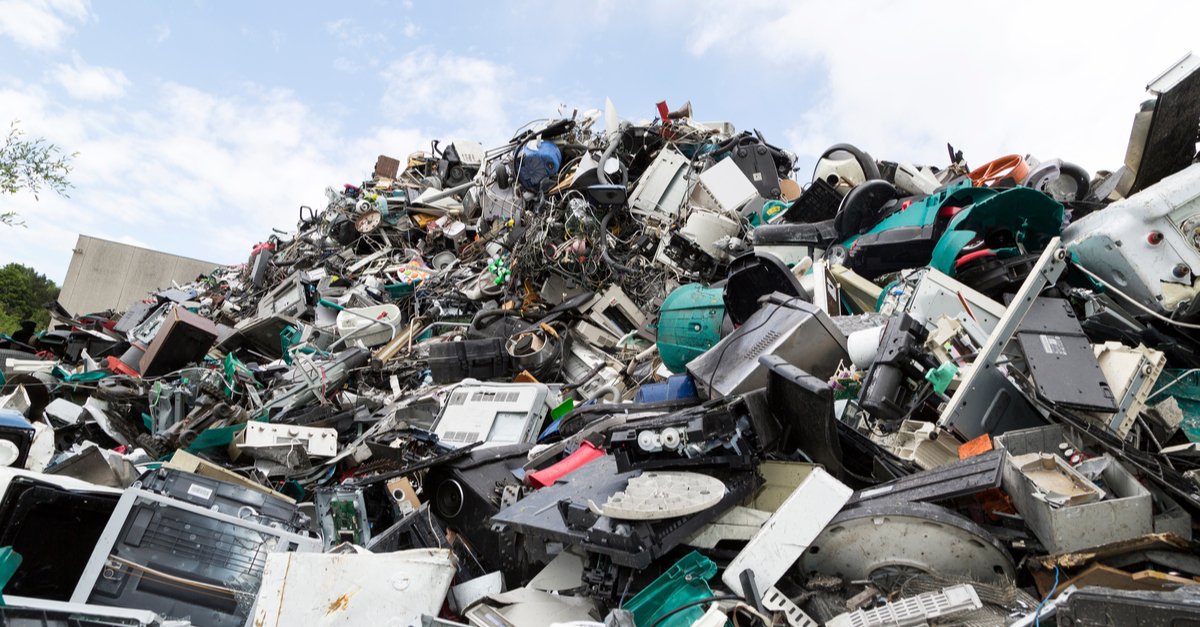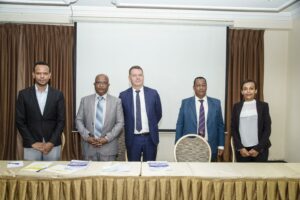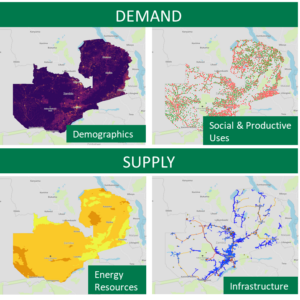Sub-Saharan Africa, one of the fastest growing regions for waste generation, where more than half of waste is openly dumped, recorded 174 million of tonnes in waste in 2016, and is projected to more than triple in 2050.
The sale of stand-alone solar (SAS) products in Nigeria has steadily increased over the years, with about 324,000 sold in 2019, and access to over 1.7 million Nigerian households, amidst the COVID-19 pandemic in 2020, the SAS sector has growth potential. The aftermath of COVID-19 saw high levels of unemployment and poverty rates, amongst others, further deepening the base of potential unserved customer segments who would be eligible to purchase SAS products. The government of Nigeria’s 2040 target is 100% electrification with 5% from SAS, and it is underway through the recent 5 Million Solar Naija Programme and other off-grid programs and initiatives.
Nigeria’s population continues to grow, with growth comes an increase in the rate of pollution. Sub-Saharan Africa, one of the fastest-growing regions in the world for waste generation, has more than half of waste is openly dumped. In 2016 SSA recorded 174 million tonnes of waste and is projected to more than triple in 2050.
Difficulties in waste management are issues of growing concern for the environment, health, and well-being of the nation. The growing access to energy, and availability of off-grid solar (OGS) products, adds to the increasing concerns on electronic waste, owing to the positive correlation between waste generation and income levels. Renewable energy – solar PV projects have numerous positive socio-economic benefits and impact on communities, but they also present new challenges especially on waste management. The challenges are immense because SAS products have a shorter life span, and are mostly used by rural communities, there is difficulty in the collection of the waste components.
OGS waste contains toxic materials, such as lead, mercury, cadmium, arsenic, and polychlorinated biphenyls which are harmful to the environment and human health if improperly managed. In developing countries, this is often the case as safe transport, disposal, and waste handling is complicated and costly. This is largely due to the absence of enforcement of pre-existing legal provisions and the lack of appropriate collection and recycling infrastructures. Informal handlers trying to exploit the economic value contained in the products (e.g. copper and lead) with rudimental recycling processes and little regard to emission control lead to adverse effects to the environment and public health.
With the recent adoption of the E-Waste Guide for Stand-Alone Solar by the Government of Nigeria (GoN) through the Federal Ministry of Environment (FMEnv) and the National Environmental Standards and Regulations Enforcement Agency (NESREA) in February 2020, Nigeria is on its way to enforcing and implementing e-waste management for the SAS sector and thus a reducting harmful waste generation.










